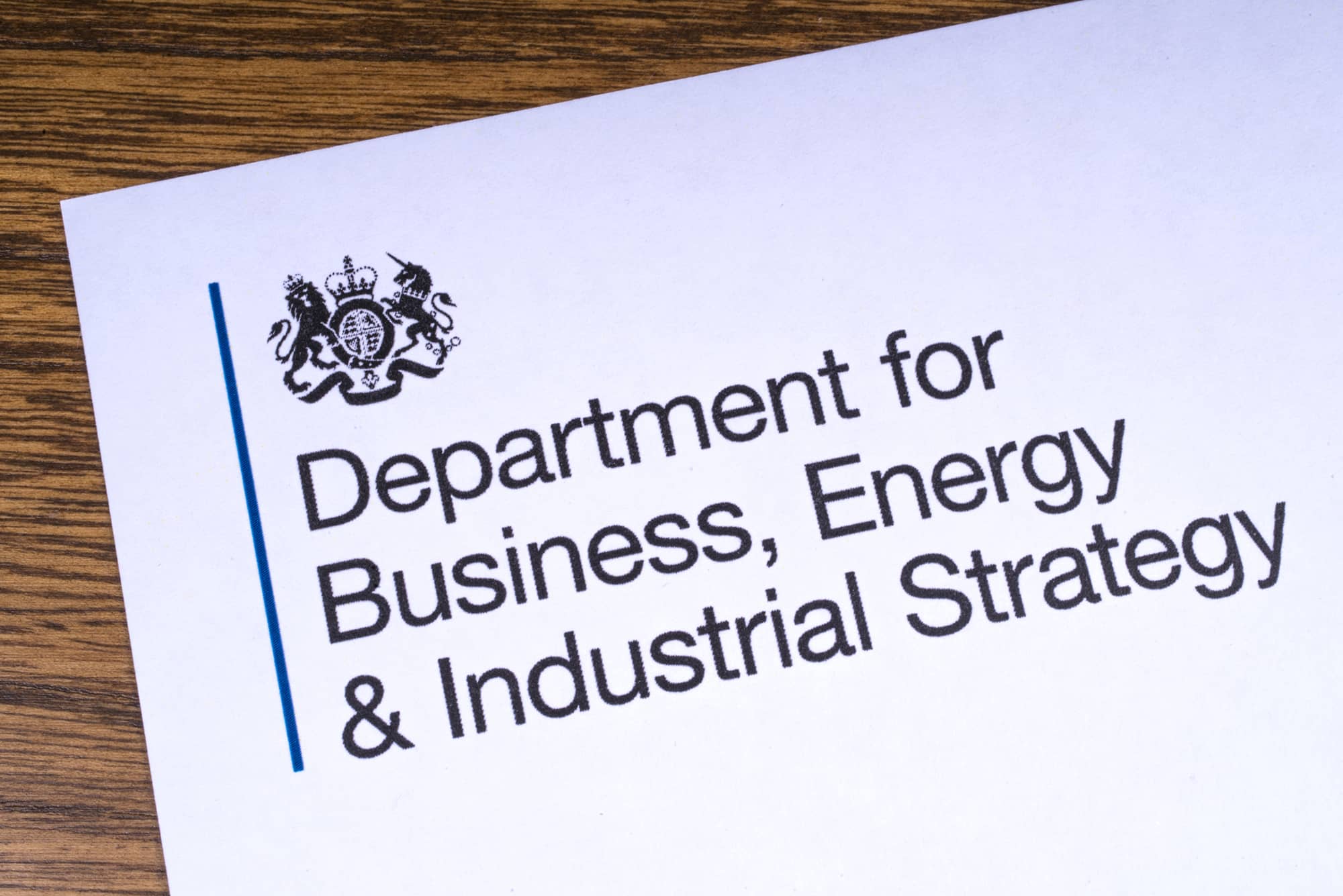Trading in a gas price crisis
As households across the UK has witnessed, recent months have seen substantial increases in domestic energy costs, largely due to a surge in gas prices accelerated by the pandemic and other geo-political events. Learn more about why gas prices are increasing.
The figures – How much are average energy bills rising by?
This has led to a widespread cost-of-living crisis that politicians are trying to grapple with to better support the households worst hit by the added financial pressure. The average household dual fuel tariff jumped from £1,278 to £1,971 in April followed by a further increase in October, whilst inflation rate has hit 9%.
How are industries and the government responding?
These developments offer an opportunity to promote and push forward the agenda for better energy efficiency investment in UK homes, to reduce energy consumption and costs. The Government recently published a set of announcements in its new British Energy Security Strategy that are set to accelerate the domestic energy efficiency market and its innovation further.
Whilst the energy price increases are unsettling for households across the country, it’s a prime opportunity for both small and large-scale installation companies to respond to increased demand for efficient domestic energy solutions, UPSKILL to meet the evolving needs of UK households and buildings, drive their business forward, and be a key part of the strategy to reduce the negative effects of this cost-of-living crisis for millions.
Find out more about what installers can do to help homeowners combat the energy price hikes.
Drayton are here to support installers upskilling to meet the UK’s evolving energy needs, find out more about our FREE ONLINE TRAINING ACADEMY.
Some of the notable announcements in the Strategy were:
- ● An additional £30million to support heat pump investment in 2022 under the Heat Pump Investment Accelerator Competition.
- ● Government commitment to ‘rebalancing’ the costs and levies placed on energy bills away from electricity to incentivise electrification across the economy.
- ● Better labelling and product standards to be introduced so consumers can purchase more energy efficient products for heating, lighting, and cooking.
How will this help those hit hard by rising energy bills?
These initiatives will ease the transition to more efficient heating technology, like electric heat pumps, where the UK has set a target for 600,000 installations per year by 2028. The advent of low carbon heating will also require widespread application of best practice to allow these systems to operate efficiently, creating a better level playing field with gas boiler performance and increasing uptake of the technology.
How are new regulations making a difference in the interim?
Progress is already being made. The new Building Regulations due to enter into force from 15th June will require heating installers to fit TRVs when replacing a boiler, matching current standards for new heating systems. BEIS is expected to shortly consult on a new Boiler Policy that will consider the mandating of installation best practice, such as hydraulic balancing, with new boiler installations on par with heat pumps. This balancing could save the average UK home 18% energy per year and improve comfort.
How are we innovating to support a reduction in energy costs?
At Drayton by Schneider Electric, we remain at the forefront of innovation to aid the transition for installers and households. We believe that the way forward involves simple, integrated solutions that are straightforward for installers to commission, and easy for homeowners to use, such as our smart heating system that’s fully heat pump compatible, loaded with user feedback like Insights+ to help save energy, our Electrical Heat Switch to allow smart, efficient control of electrical heating devices, the all-new Drayton Digistat with app control via Bluetooth, and Drayton’s upcoming auto-balancing TRV technology.
A recent poll in our trade-exclusive Facebook group, The Drayton Community, demonstrated that 70% of installers would be happy paying more to use auto-balancing TRVs, saving time and effort balancing a system which reduces energy costs and carbon emissions for their customer. Want to join the discussion? Join the group today to chat with other installers, join FREE training events, expert panels and installer forums, and much more!

Related Reading
Drayton stockists near you
Are you an installer?
Check out Drayton Rewards+, our new and improved loyalty scheme that gives you more. Sign up free now to start earning points and access free training!
Sign up today

